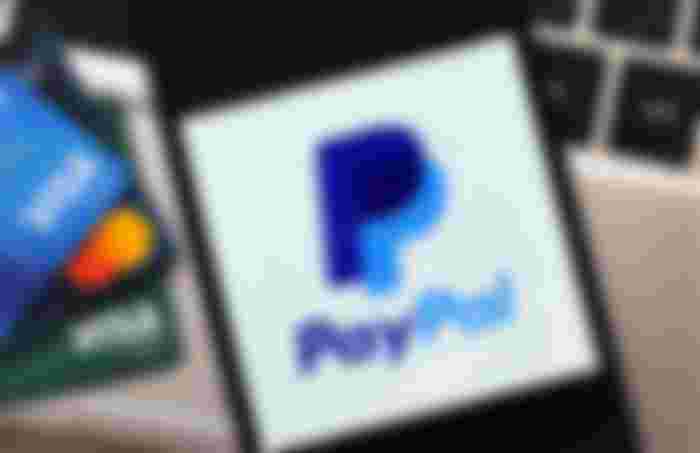This week, it seems that every major company wants consumers to start using digital assets to make payments.
Yesterday, PayPal began allowing customers to use their cryptocurrency balances to make payments. Bakkt, a crypto custody company under the Intercontinental Exchange, has also launched a consumer application that allows users to buy, sell and consume cryptocurrencies. On Monday, Visa stated that it has used the stable currency USD Coin (USDC) for the first settlement in its network, which is the first step in a broader effort to settle payments in digital currencies.
James Wester, IDC's global blockchain strategy research director, said: "Encrypted payment has become a discussion we are willing to accept, and it is no longer so marginal."
But to this day, Bitcoin is still not a very good medium of exchange. Being able to shop with Bitcoin does not help consumers understand why they should buy with Bitcoin, nor does it show merchants why they should accept Bitcoin as a payment.
Lisa Ellis, partner and senior equity analyst at MoffettNathanson, said: “Bitcoin is used as an inflation hedge and remains unchanged for a long time. There are many cryptocurrencies that can be used for different purposes.”
Novelty factor
By accepting cryptocurrencies, well-known brands such as Visa and PayPal are making the concept of cryptocurrency and other digital assets accepted by the public, and laying the foundation for supporting digital dollars and other central bank digital currencies (CBDC) on a global scale.

PayPal’s encrypted payment function seems to be limited in terms of innovation. Users actually sell cryptocurrencies in exchange for U.S. dollars to fund purchase transactions, and merchants get paid in U.S. dollars. But it will play an important role in bringing digital assets further into the mainstream because it has the largest digital wallet.
Today, the company has 361 million consumer digital wallet accounts worldwide.
Wester said: "PayPal is mainstreaming the concept of cryptocurrency, not just the retail fringe investors we thought of in the past few years."
At the same time, Goldman Sachs said today that it will soon help its wealthiest customers provide exposure to Bitcoin and other digital assets. Previously, industry peers such as Morgan Stanley and JPMorgan Chase were also scrambling to provide digital asset services to high-net-worth clients.
But from a consumer's point of view, it is not clear why people consume cryptocurrency, Ellis said, "This is a novel factor."
Ellis said that in most cases, merchants do not know that customers are using cryptocurrency to fund transactions. Either way, they will still pay the same amount for the transaction. However, although PayPal does not charge consumers a transaction fee, it will profit from the foreign exchange spread when they convert cryptocurrency to U.S. dollars.
Change the rules of the game
In contrast, when Visa (and Mastercard) started using stablecoins to settle more payments, cryptocurrencies did change the rules of the game.

Ellis said: "This is the first known legal intersection between an encrypted network and a statutory payment network, and they have actually successfully conducted cross-network settlement."
For many companies engaged in digital asset business (building wallets, applications and other ways to use cryptocurrency networks), whenever they try to settle payments, they will encounter a huge and frequent problem: banks require them to use legal tender. Settlement, forcing companies to convert digital currency into legal tender and bear the costs that come with it.
Ellis said: "The efficiency of the transaction is inefficient. They always have to convert from the crypto ecosystem to fiat currency, back and forth."
Now that Visa will settle payments in USDC, the company may still have to convert its cryptocurrency to USDC to eliminate the volatility associated with other assets such as Bitcoin.

USDC is a stable currency designed to minimize the volatility of other digital assets. It is pegged to the U.S. dollar and runs on Ethereum, Stellar and Algorand blockchains.
Ellis said: "The purpose is to promote the utility of cryptocurrency and make it more feasible to use cryptocurrency for practical operations. They are working on a way to conduct local cryptocurrency transactions through their network, which is amazing because it It’s a completely different technology."
She added that this is just a stepping stone to enable government-backed digital currencies.
The Visa research team, like the innovation labs of many financial institutions, has been studying cryptocurrencies for several years, but a spokesperson for the company said that the USDC program is led by the product team.
"There is a real idea and a real need that is being met," Wester said. "This may be a humble idea and a small need, but it may also be the beginning of a bigger opportunity."


